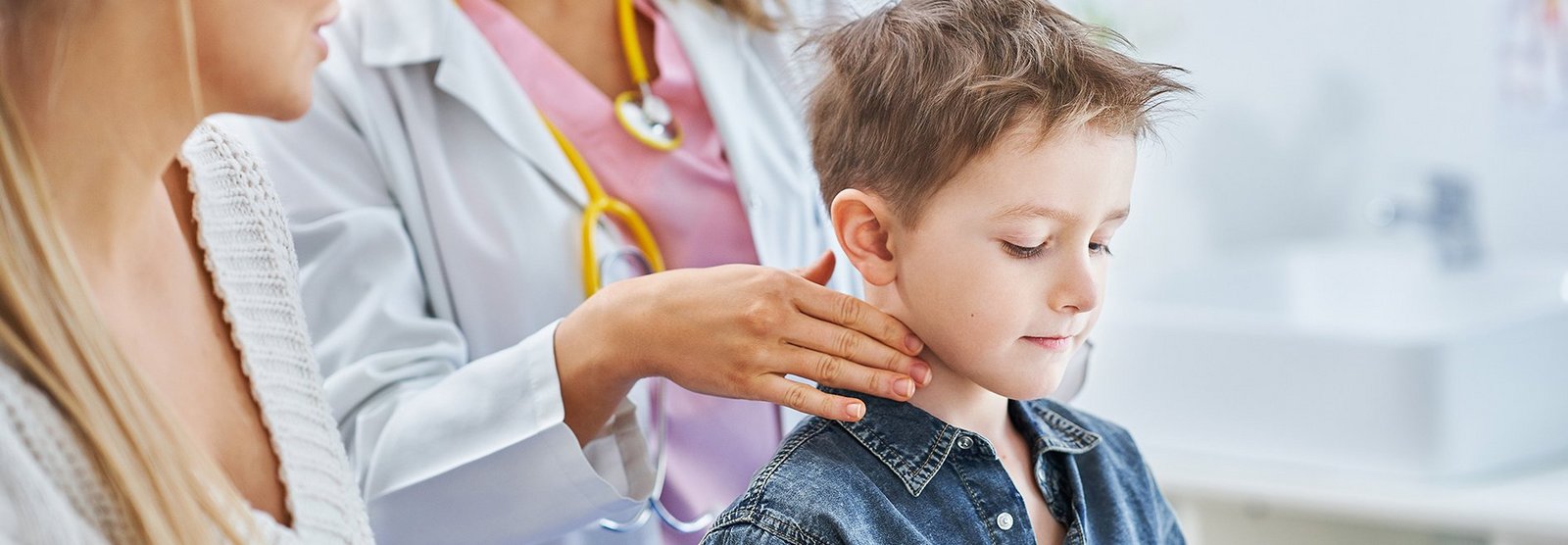
Mission and services
The younger and sicker children are, the fewer authorised medicinal products are available for their treatment. In particular for very rare diseases, a large proportion of the medicinal products currently used in children have never been tested in children and are not authorised for use in children. Our mission is to make medicinal products safer and more effective for babies, children and adolescents. With this as our objective OKIDS offers clinical studies in children and adolescents within our highly specialised research network. Within this process we see ourselves as a vital link between academic research and the pharmaceutical industry, operating both throughout Austria and internationally.
New and better medicinal products with the greatest possible safety.
What have we achieved so far?
OKIDS contributes to making new and better medicinal products available to children in Austria with the greatest possible safety. Since the year of our foundation in 2012 until August 2021, we were already able to implement a great deal:
- > 149 Feasibilities of CROs, pharmaceutical companies, via Enpr-EMA and c4c.
- > 367 studies and registries with OKIDS support since OKIDS inception.
- > 5.866 patients in the network
- > 30 thematic events
- 3 OKIDS congresses as multi-stakeholder discussion platforms
- 8 press conferences
- The OKIDS website
- 4 films
- 4 publications
- Positioning of 15 theme-relevant guidelines in cooperation with ÖGKJ
- Membership in relevant international organisations (e.g. EnprEMA (European Network of Paediatric Research at the European Medicines Agency) Category 1 member since 2015)
- A variety of international activities and presence with important international stakeholders
- Synergies with new stakeholder partners such as EUPATI and ProRare Austria
- Training for study staff and investigators via the CCCT (Coordination Centre for Clinical Trials) of the University of Innsbruck

What happens in clinical studies?
Clinical studies involve the testing of medicinal products, vaccines, new treatment methods or diagnostic tests on humans. Clinical studies, also known as (medicinal product) trials, have the following goals:
- to determine the correct dose of a medicinal product,
- to ensure efficacy in the treatment or prevention of a disease,
- to record the frequency of adverse drug reactions,
- or to determine the value of a diagnostic test.
Carefully designed clinical studies are the only way ...
… to gather this information prior to wide use of a medicinal product. Pharmaceutical companies usually drive studies for drug development. However, doctors at universities and hospitals can also initiate academic studies to optimise treatment methods to improve diesease specific outcomes and quality of life.
Carefully planned clinical studies are the safest way …
… to identify and establish new treatments. The physicians and the entire team involved in OKIDS studies are highly familiarised with the implementation of clinical studies and proven forms of therapy, and have a wealth of experience in this field.
Why studies in children?
Medicinal products in children need to be specifically tested to systematically determine the correct dose, effects and adverse reactions. In the absence of such information, medicinal products may be ineffective or unsafe in children.
A large proportion of the medicinal products currently used in children have never been tested in children and are not authorised for use in children although licenced for adult indications. More recently pharmaceutical companies are now required by new European laws to test early also medicinal products specifically on children and to seek approval for children.
This problem is particularly pronounced in the neonatal period: more than 90% of all medicinal products used in neonatal intensive care units have never been tested on the special patient group of premature and sick newborn infants. For this group of patients, too, clinical studies are therefore an opportunity of making existing therapies safer and making new therapies possible.
The studies conducted by OKIDS make an important contribution to rendering medicinal products for children and adolescents safer and more effective and to developing novel therapies for children.
The European legislative field is currently changing aiming to enhance and foster paediatric drug development even better (i.e. European commission, Brussels, 25.11.2020, COM(2020) 761 final; Communication from The Commission To The European Parliament, The Council, The European Economic And Social Committee And The Committee Of The Regions: PHARMACEUTICAL STRATEGY FOR EUROPE; Ongoing Revison of the Paediatric Regulation dated from 2006: https://eur-lex.europa.eu/legal-content/EN/TXT/?uri=CELEX:32006R1901; Regulation (EC) No 1901/2006 of the European Parliament and of the Council of 12 December 2006 on medicinal products for paediatric use and amending Regulation (EEC) No 1768/92, Directive 2001/20/EC, Directive 2001/83/EC and Regulation (EC) No 726/2004 (Text with EEA relevance).
